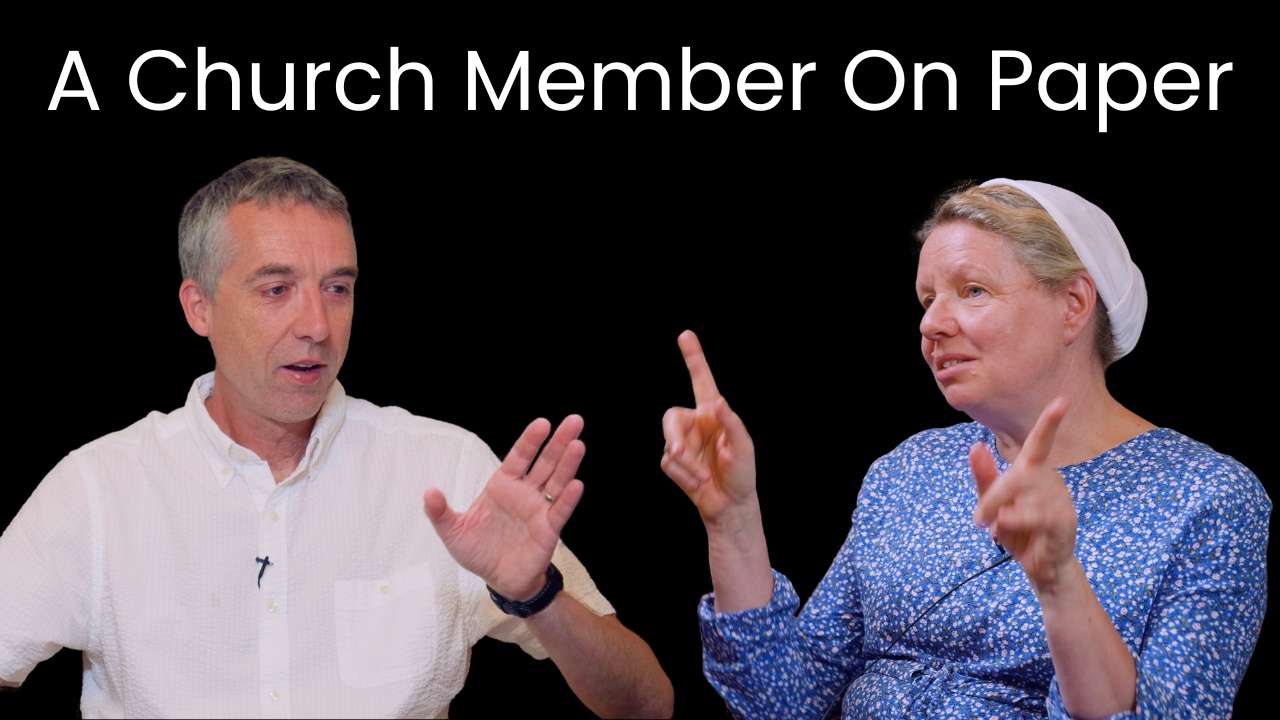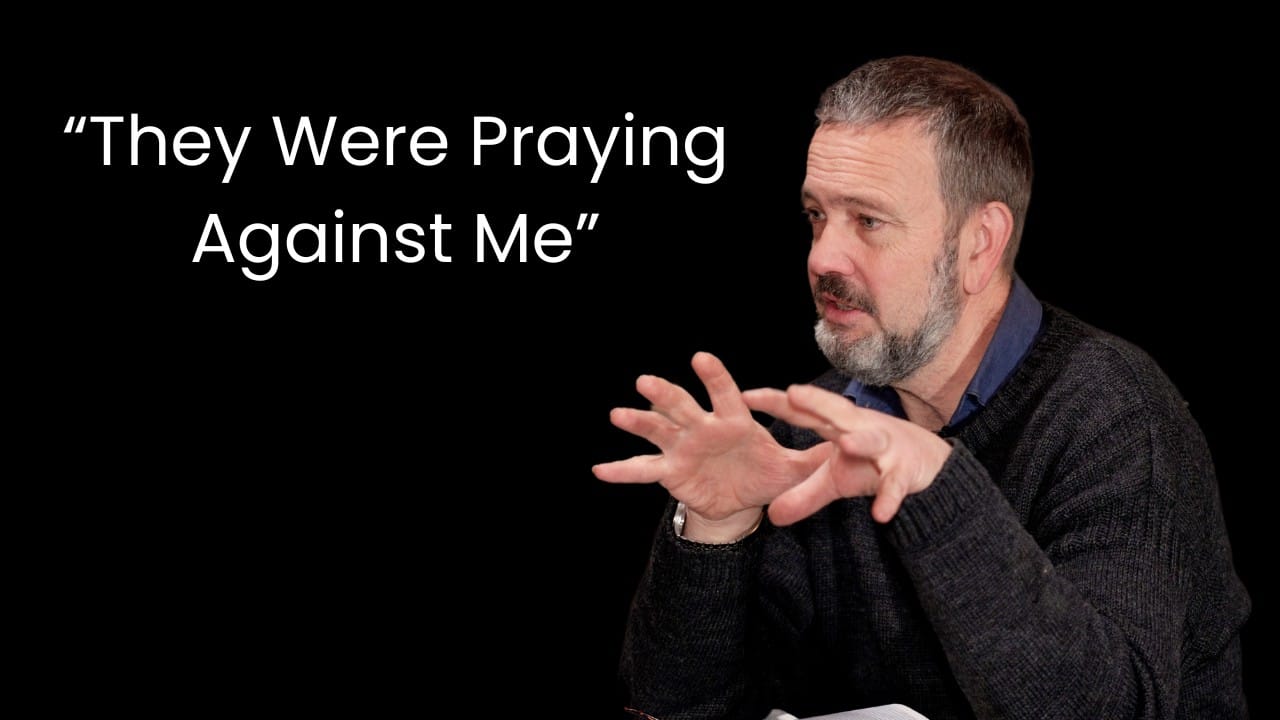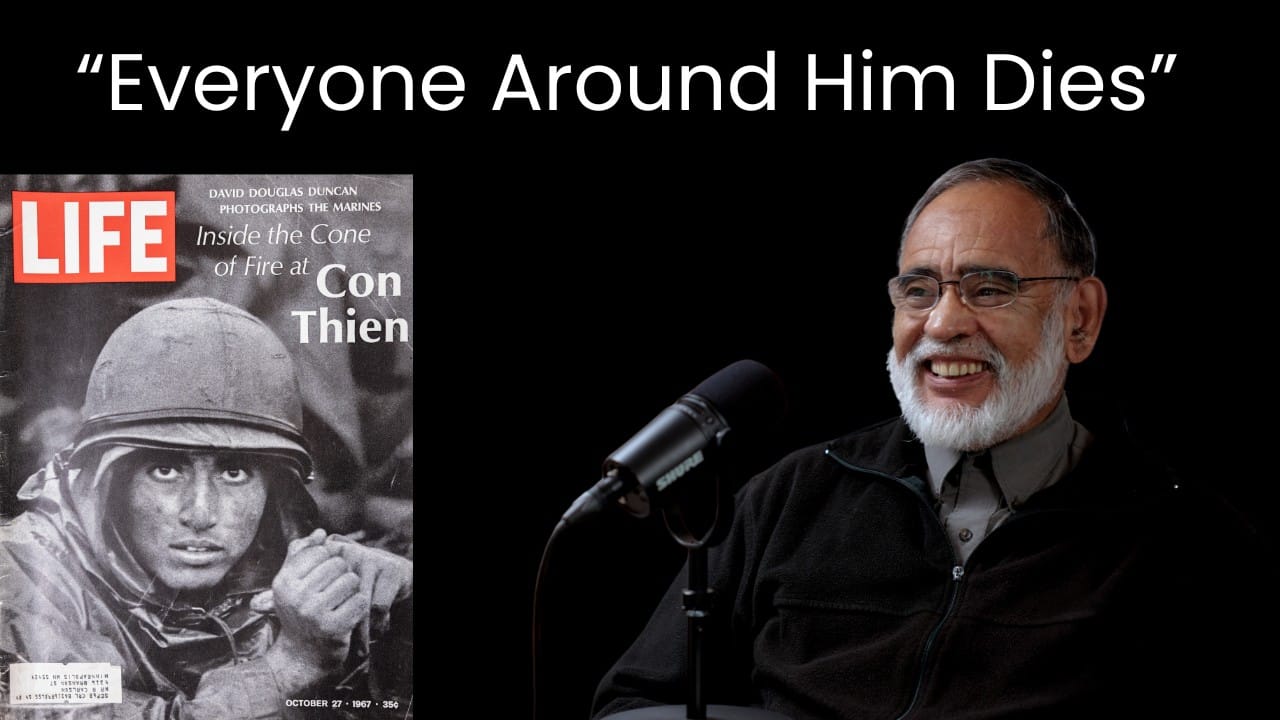Following a Homeless Lord
Thank you to Daughters of Promise magazine for granting us permission to reprint this article from their Winter 2017 issue.
Since 1973, the year before I was born, the average living space per person in newly built United States homes has nearly doubled from 551 to 1,058 square feet.1 My adult experience distantly follows this same trend. As a single during college, I had personal space of maybe 375 square feet in the basement of my landlord’s home. Now (eighteen years, four dwellings, and four additional family members later) I am a first-time home owner of a house in Atlanta, Georgia, with 2,200 square feet plus an unfinished basement.“But the Son of Man has nowhere to lay his head” (Luke 9:58).
Speaking of somewhere to lay your head, my bed size since moving to the U.S. in 2003 has also grown—from a single bed in the Bronx, to a full-sized sofa bed (newly-weds!), to several more full-sized beds, to, now, a luxurious queen-sized bed. “But the Son of Man has nowhere to lay his head.”
Rich Mullins sang it well:
There were places You visited frequently
Took off Your shoes and scratched Your feet
‘Cause You knew that the whole world belonged to the meek
But You did not have a home…
Birds have nests, foxes have dens
But the hope of the whole world rests
On the shoulders of a homeless man.2
What does it mean, in our McMansion world, to be followers of a homeless Lord?We must begin by taking Jesus’ call to homelessness seriously. “Teacher, I will follow you wherever you go,” an overconfident scribe assured Jesus (Matt. 8:19). Jesus’ response was a harsh reality check: Foxes have holes, and birds have roosts, but the One we profess to follow had no place to rest. Perhaps significantly, Luke says this conversation happened “along the road” (9:57). Matthew says it happened right before Jesus’ disciples “followed him” into a boat, where the travel-weary Jesus slept, tossed by a great storm (8:23-24).Jesus, who lived during childhood with His parents in “their own town” of Nazareth (Luke 2:39), spent His adult ministry years as a travelling rabbi, never long in one place, always following His Father’s call. In Luke’s account, it was “after this” teaching about homelessness that Jesus sent out the seventy-two, instructing them to rely on others who would open their houses (Luke 10:1, 5-8). Anyone who wanted to follow Jesus had to travel with Him, leaving nets and tables and homes behind. Anyone who wants to follow Him today must likewise be willing to abandon home without hesitation.
Many of the first Christians voluntarily sold their houses, giving to those in need (Acts 4:34-35). More were driven from home against their will by persecution (Acts 8:1). Obedience to the two great commandments and the Great Commission will lead many Christians to pluck up roots and move where the Spirit blows. Do not imagine a homeless Messiah will never ask His followers to be homeless. Do not imagine you will know the joy of following if you cling tenaciously to your present—or your dream—square footage of personal living space. (And do not imagine, I suggest from experience, that the hassles of home ownership can compete with the joys of following Jesus.)
And yet, receive Jesus’ statement about homelessness as a proverb, not a law. Receive it as a candle exposing the loyalties of your heart, not a cookie-cutter to enforce conformity. No spiritual law lets you mechanically measure the discipleship of anyone, yourself included, simply by calculating the square footage of a house, large or small.Like the wisdom literature of the Old Testament and the rabbis of His day, Jesus used stark images, black-and-white contrasts, and hyperbole. When He told us to gouge out our eye if it causes us to stumble (Matt. 5:29), His exaggerated demand was a command commonly used by teachers of His day. Jesus aimed to expose hearts and stir minds, inviting listeners to solve moral riddles by a heart renovation of repentance. Applying Jesus’ teaching requires an exegesis of not only His words, but also our lives and cultures, so we can rightly apply the right words for the right circumstances.
Jesus said you cannot be His disciple unless you “hate” your own family (Luke 14:26), yet one of His last acts was to ensure His mother had a “son” to care for her (John 19:26-27). He said you should “give to everyone who begs from you” (Luke 6:30), yet He rebuked the crowd who wanted to crown Him king so they could always eat His miraculous provision of food (John 6:15, 26-27). And Jesus’ call to homelessness came, according to Matthew, right after He had been hosted in “Peter’s house” (8:14-17)!
This leads to my final point: if you have a home, use it as a place to host Jesus and those He loves. Peter, who had reportedly “left everything” to follow Jesus (Mark 10:28), had not, apparently, actually sold his house. Some scholars speculate it became a base for Jesus’ ministry in Galilee, being perhaps the “home” that Jesus is said to have had in Capernaum (Mark 1:29-34; 2:1, 15; 3:20; etc.). Something similar happened with the rich tax collector Levi. “Leaving everything, he rose and followed” Jesus. After that statement, the next sentence may surprise us: “And Levi made [Jesus] a great feast in his house, and there was a large company of tax collectors and others reclining at table with them” (Luke 5:28-29). Notice the pattern: following Jesus does not always mean selling one’s house, but it does mean devoting our resources entirely and lavishly to His service.
Here is the call to one of the most difficult and underrated of Christian virtues: hospitality. Hospitality was so central to the early church that if you would have asked anyone for directions to the local church, they would have pointed you to someone’s home. Hosting God’s household is a wonderful reversal of God’s charge against Israel: “My house… lies in ruins, while each of you busies himself with his own house” (Hag. 1:9). Jesus said that when we serve those who belong to Him, we serve Jesus Himself (Matt. 10:40-42; 18:5). What an opportunity! As we can, our hospitality should extend beyond the family of God to people such as international students and the homeless living in our own neighborhoods—both adventures that we have tasted here in Atlanta. Despite our ballooning houses, over 500,000 homeless live in the U.S., nearly a third of those without shelter.3 As Shane Claiborne likes to ask, “How can we worship a homeless man on Sunday and ignore one on Monday?”4 Practically speaking, such hospitality will indeed mean we lose personal space, whether through selling or sharing.
This, then, is what it means to follow our homeless Lord. If the Son of Man, the One Who fully shares the glory and kingdom of the Ancient of Days (Dan. 7:13-14), willingly left home to serve His Father, how can we do less? If He wants to renovate the loyalties of our heart, who are we to cling to our square footage of home? And if the Son of Man needs somewhere to lay His head, how can we resist the honor of hosting Him?
1Mark J. Perry, “New US Homes Today Are 1000 Square Feet Larger than in 1973 and Living Space Per Person Has Nearly Doubled,” June 5, 2016. http://www.aei.org/publication/new-us-homes-today-are-1000-square-feet-larger-than-in-1973-and-living-space-per-person-has-nearly-doubled/. and “2015 Characteristics of New Housing,” U.S. Department of Commerce, pg. 346, accessed October 9, 2017, https://www.census.gov/construction/chars/pdf/c25ann2015.pdf. Return to context⬏
2Rich Mullins, “You Did Not Have a Home,” The Jesus Record, Word Entertainment, 1998. Return to context⬏
3“2016 Annual Homeless Assessment Report (AHAR) to Congress,” November 2016, The U.S. Department of Housing and Urban Development, pg. 1, accessed October 10, 2017, https://www.hudexchange.info/resources/documents/2016-AHAR-Part-1.pdf Return to context⬏
4I heard him say this at a church in Mableton, Georgia, on October 8, 2017, adapting a sign that some homeless people in Philadelphia once posted on an abandoned building they had claimed. Return to context⬏








Leave a Reply